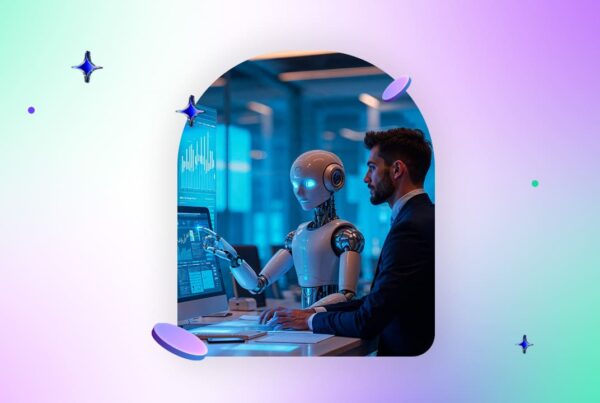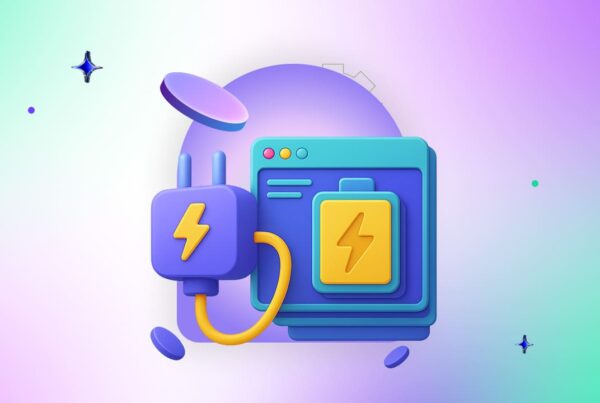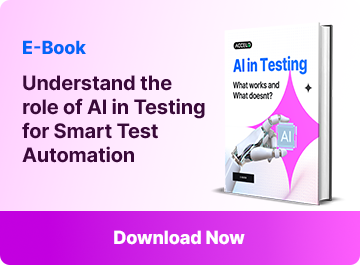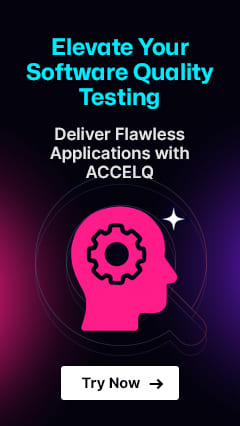Unlocking the Power of AI in Testing Automation for Next-Gen Apps

Over the past few years, application development organizations have gradually started relying on methodologies like Rapid Application Development (RAD), continuous integration and development (CI/CD), and other ways to deliver software solutions quickly. In order to keep up with these fast cycles, implementing test automation has become a must-have requirement at every stage of app development. If you see businesses adopting digital transformation, you will realize that attaining successful practices of DevOps without automation testing is practically infeasible. This is where AI-based test automation comes in as a game changer.
Recent studies also indicate that about 70% of organizations are experiencing improved decision-making as essential AI or ML technologies are extracting actionable insights from data. Ashok Karania, Head of Global Alliances, reflects on the potential of AI for software testing, stating, “AI has the ability to provide insightful knowledge from historical data and augment cognitive abilities of humans. He further notes that Artificial Intelligence Testing can integrate tools, processes, and knowledge to improve quality assurance.
The Power of AI in Testing
Automation and enhancement of software testing process using Artificial Intelligence and Machine Learning algorithms. Where traditional testing is implemented, AI algorithms simulate human intelligence, and ML allows the system to learn and adapt without human assistance. Knowledge from historical data enhances human cognition.
Key foundational elements of AI in software testing include:
- Machine Learning (ML): Classifies objects and predicts outcomes using data-driven insights.
- Neural Networks: Emulate the human brain’s associative capabilities to identify patterns and anomalies.
These technologies enable AI testing tools to:
- Interpret user-like actions to interact with the application.
- Classify testing outcomes to identify potential defects.
- Predict defect likelihoods based on historical data.
- Correlate events with specific outcomes.
Why Are Development Teams Embracing AI in Testing?
However, AI-powered test automation addresses challenges like limited test coverage and high maintenance costs. AI tools improve decision-making and accelerate testing workflows by analyzing historical data to identify meaningful patterns.
Therefore, Artificial Intelligence in software testing has quickly become essential:
- Eliminated Effort: AI aids in accelerating test case creation and minimizes manual effort by automating repetitive tasks.
- Improved Accuracy: The testing process run by an AI tool is error-free because the tool itself ensures precision in the execution of the test and accurately detects the defect.
- Faster Releases: Continuous testing powered by AI enables quicker product launches, aligning with Agile and DevOps practices.
Benefits of AI in Test Automation
AI-based test automation platforms like ACCELQ Autopilot leverage Machine Learning and Neural Networks to enhance test efficiency and accuracy. It offers several advantages that elevate testing efficiency and product quality:
- Enhanced Visual Testing: AI uses image and pattern recognition to detect visual bugs and validate UI/UX consistency.
- Reduced Maintenance Effort: Self-healing capabilities automatically adapt to changes in the application, ensuring robust test scripts.
- Comprehensive Test Coverage: AI expands coverage to include file contents, databases, memory drives, and application data.
- Continuous Testing: Supports DevOps pipelines by enabling daily or even hourly testing cycles.
- Optimized Regression Testing: Automates regression tests to detect defects caused by code changes, reducing time-to-market.
AI-Based Software Testing Methods
AI transforms software testing with several innovative approaches. Here are three key methods:
1. Regression Test Automation
Traditional regression testing is time-intensive, but AI-powered regression automates the process to run whenever code changes occur. This approach minimizes manual intervention while improving accuracy and speed.
2. Self-Healing Test Automation
Test scripts often fail due to changes in application elements. AI-enabled self-healing automation automatically updates scripts to reflect these changes, reducing maintenance overhead and ensuring test reliability.
3. Defect Analysis and Prediction
Integrating ML and Natural Language Processing (NLP), AI tools find flaws, locate causes, and forecast upcoming problems. It reduces testing time and increases the quality of products.
Why Choose ACCELQ for AI-Driven Testing?
As the software development lifecycle evolves, organizations require testing platforms that keep pace with innovation. ACCELQ stands out as a leader in AI-powered codeless test automation. Here’s what sets ACCELQ apart:
- Cloud-Based Agility: Seamlessly integrate with your DevOps pipeline and enable remote collaboration.
- Codeless Automation: Simplifies testing with intuitive workflows and minimal scripting requirements.
- Self-Healing Scripts: Automatically adapt to application changes, reducing script maintenance costs.
- Business Logic Integration: Aligns test automation with core business processes for enhanced quality.
- Comprehensive Coverage: Test web, mobile, desktop, API, and backend systems from a single platform.
Conclusion
ACCELQ is turning the tables with AI-powered automation, helping testing teams deliver incremental results. Our platform allows organizations to deliver high-quality applications faster and more cost-effectively with features such as automatic test-case generation, reduced maintenance, and more.
Ready to transform your testing strategy? Contact us today to request a personalized demo and explore how ACCELQ can meet your unique business requirements.
Geosley Andrades
Director, Product Evangelist at ACCELQ
Geosley is a Test Automation Evangelist and Community builder at ACCELQ. Being passionate about continuous learning, Geosley helps ACCELQ with innovative solutions to transform test automation to be simpler, more reliable, and sustainable for the real world.
Discover More
 AI Agents in Testing: Smarter Automation Beyond Chatbots & Assistants
AI Agents in Testing: Smarter Automation Beyond Chatbots & Assistants
AI Agents in Testing: Smarter Automation Beyond Chatbots & Assistants
 Supercharge Testing with AI: Automate & Accelerate Efficiency
Supercharge Testing with AI: Automate & Accelerate Efficiency


































